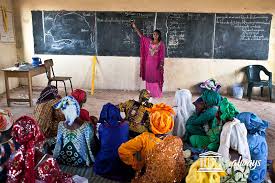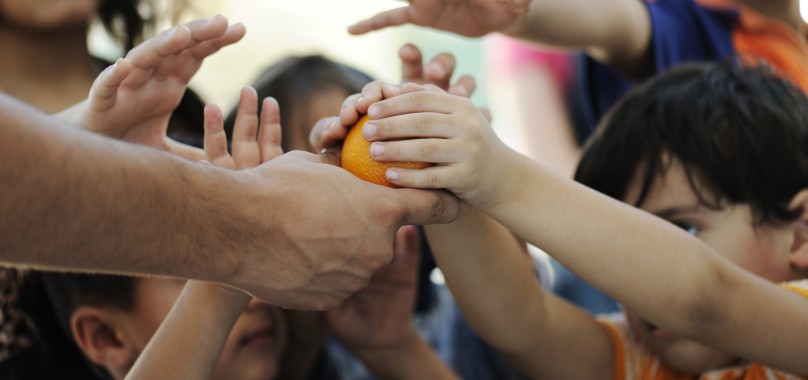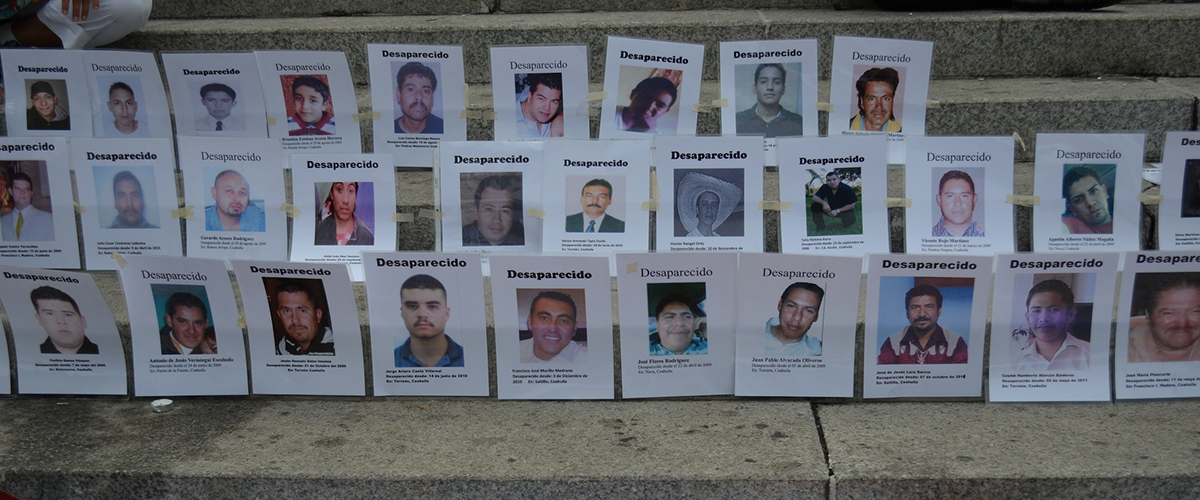Every year, more than 800,000 people die by suicide and up to 25 times as many make a suicide attempt. Behind these statistics are the individual stories of those who have, for many different reasons, questioned the value of their own lives.
Each one of these individuals is part of a community. Some may be well linked in to this community, and have a network of family, friends and work colleagues or school mates. Others may be less well connected, and some may be quite isolated. Regardless of the circumstances, communities have an important role to play in supporting those who are vulnerable.
This sentiment is reflected in the theme of the 2017 World Suicide Prevention Day: As members of communities, it is our responsibility to look out for those who may be struggling, check in with them, and  encourage them to tell their story in their own way and at their own pace. Offering a gentle word of support and listening in a non-judgemental way can make all the difference.
encourage them to tell their story in their own way and at their own pace. Offering a gentle word of support and listening in a non-judgemental way can make all the difference.
Taking a minute can change a life
People who have lived through a suicide attempt have much to teach us about how the words and actions of others are important. They often talk movingly about reaching the point where they could see no alternative but to take their own life, and about the days, hours and minutes leading up to this. They often describe realising that they did not want to die but instead wanted someone to intervene and stop them. Many say that they actively sought someone who would sense their despair and ask them whether they were okay.
Sometimes they say that they made a pact with themselves that if someone did ask if they were okay, they would tell them everything and allow them to intervene. Sadly, they often reflect that no one asked.
The individuals telling these stories are inspirational. Many of them recount reaching the point where they did try to take their own lives, and tell about coming through it. Many of them are now working as advocates for suicide prevention. Almost universally, they say that if someone had taken a minute, the trajectory that they were on could have been interrupted.
Life is precious and sometimes precarious. Taking a minute to reach out to someone – a complete stranger or close family member or friend – can change the course of their life.
Source: Text: IASP Image: ZME Science

 According to UNESCO, about 774 million adults lack the minimum literacy skills. One in five adults is still not literate and two-thirds of them are women. About 75 million children are out-of-school and many more attend irregularly or drop out. However, literacy is also a cause for celebration on the day because there are nearly four billion literate people in the world.
According to UNESCO, about 774 million adults lack the minimum literacy skills. One in five adults is still not literate and two-thirds of them are women. About 75 million children are out-of-school and many more attend irregularly or drop out. However, literacy is also a cause for celebration on the day because there are nearly four billion literate people in the world.


 Pope Francis recently declared September 1 as the World Day of Prayer for the Care of Creation, as the Orthodox Church has done since 1989.
Pope Francis recently declared September 1 as the World Day of Prayer for the Care of Creation, as the Orthodox Church has done since 1989.

 Since nuclear weapons testing began on 16 July 1945, nearly 2,000 have taken place. Early on, having nuclear weapons was seen as a measure of scientific sophistication or military might, with little consideration given to the devastating effects of testing on human life, let alone the dangers of nuclear fallout from atmospheric tests. Hindsight and history have shown us the terrifying and tragic effects of nuclear weapons testing, especially when controlled conditions go awry, and in light of the far more powerful and destructive nuclear weapons that exist today.
Since nuclear weapons testing began on 16 July 1945, nearly 2,000 have taken place. Early on, having nuclear weapons was seen as a measure of scientific sophistication or military might, with little consideration given to the devastating effects of testing on human life, let alone the dangers of nuclear fallout from atmospheric tests. Hindsight and history have shown us the terrifying and tragic effects of nuclear weapons testing, especially when controlled conditions go awry, and in light of the far more powerful and destructive nuclear weapons that exist today.